Content Menu
● Understanding Green Tea Extract
● The Potential Benefits of Green Tea Extract for Cats
● The Risks and Concerns
● Safe Usage of Green Tea Extract for Cats
● Alternatives to Green Tea Extract for Cats
● The Importance of a Balanced Diet
● Understanding Your Cat's Individual Needs
● The Role of Antioxidants in Feline Health
● Monitoring Your Cat's Health
● The Future of Feline Nutrition Research
● Conclusion
● Questions and Answers about Green Tea Extract
Green tea has long been celebrated for its potential health benefits in humans, but what about our feline companions? As cat owners increasingly seek natural ways to enhance their pets' well-being, the question arises: Is green tea extract safe for cats? This article delves into the world of green tea and its potential effects on our feline friends, exploring the benefits, risks, and considerations that every cat owner should know.
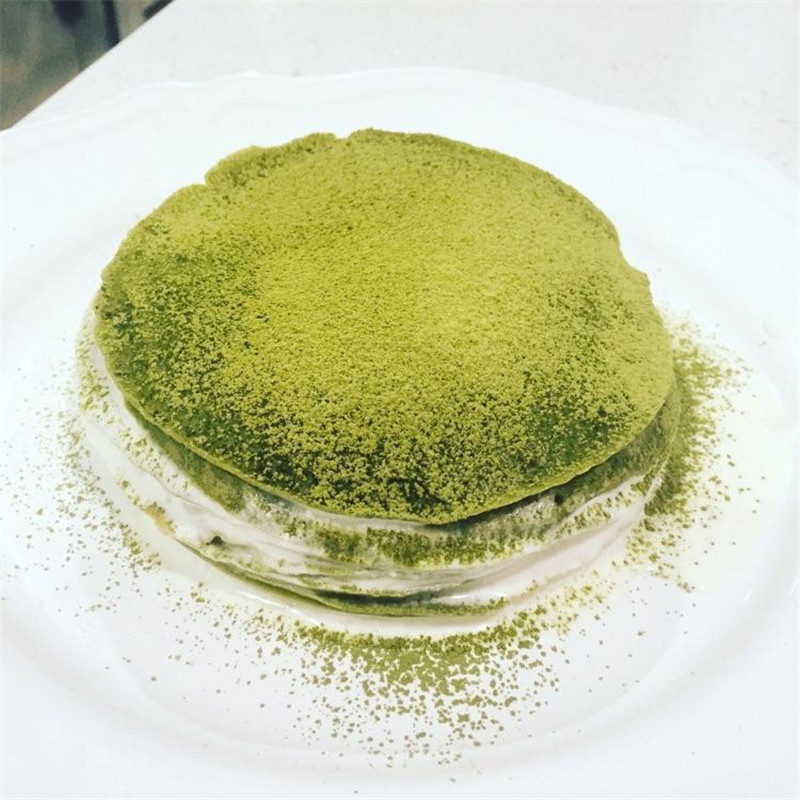
Understanding Green Tea Extract
Green tea extract is a concentrated form of green tea, containing high levels of polyphenols, particularly catechins. These compounds are known for their potent antioxidant properties, which have been associated with various health benefits in humans. However, when it comes to cats, the situation is more complex and requires careful consideration.
The Potential Benefits of Green Tea Extract for Cats
While research on the specific effects of green tea extract on cats is limited, some potential benefits have been suggested based on its known properties and anecdotal evidence from cat owners:
1. Antioxidant Support: The high concentration of antioxidants in green tea extract may help combat free radicals in a cat's body, potentially supporting overall health and longevity.
2. Immune System Boost: Some cat owners have reported improvements in their cats' immune function after incorporating small amounts of green tea extract into their diet.
3. Digestive Health: The polyphenols in green tea extract might contribute to better digestive function in cats, although more research is needed to confirm this effect.
4. Coat Quality: Anecdotal evidence suggests that some cats experience improvements in coat quality and shine after consuming green tea extract.
5. Dental Health: The natural compounds in green tea may help reduce bacterial growth in the mouth, potentially contributing to better dental health in cats.
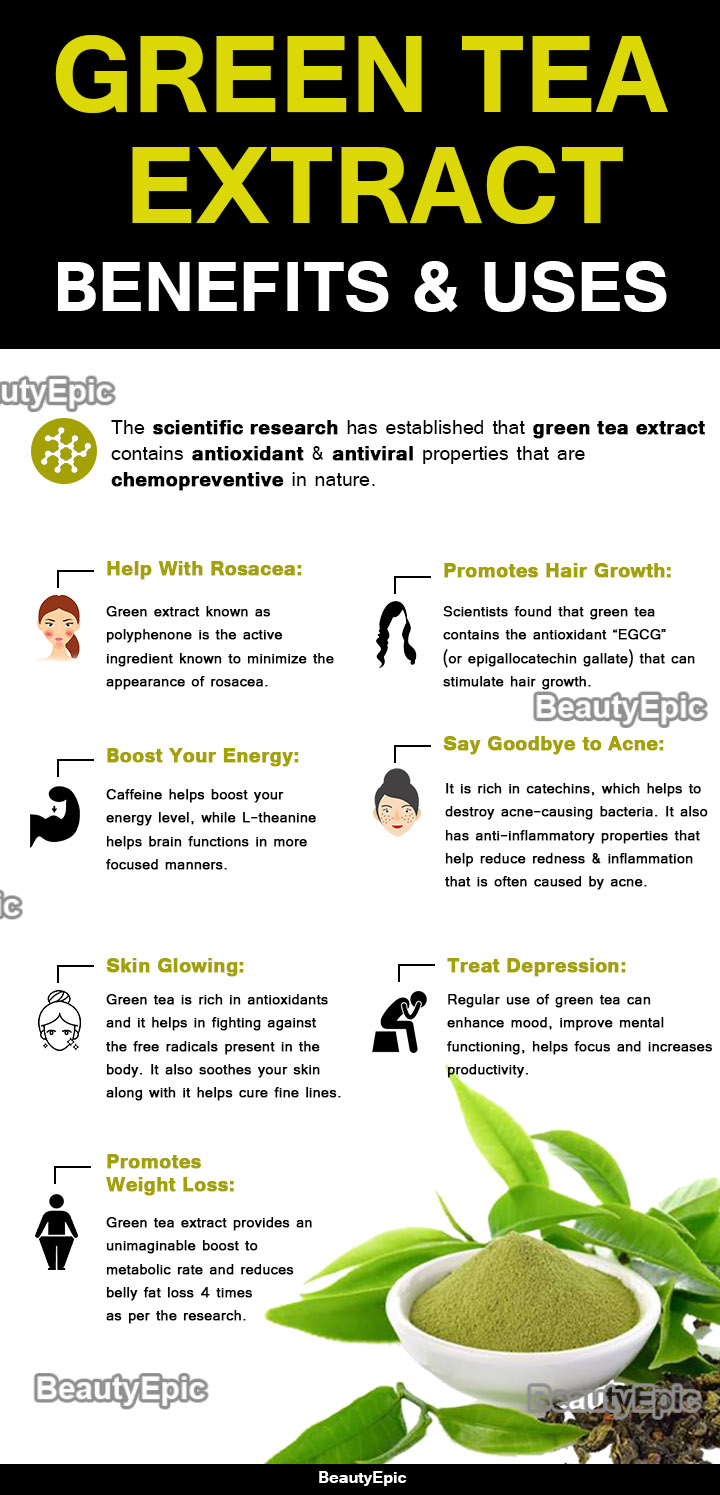
The Risks and Concerns
Despite these potential benefits, there are several important risks and concerns associated with giving green tea extract to cats:
1. Caffeine Content: One of the primary concerns with green tea extract is its caffeine content. Cats are much more sensitive to caffeine than humans, and even small amounts can lead to adverse effects. Symptoms of caffeine toxicity in cats may include restlessness, rapid breathing, heart palpitations, and muscle tremors. In severe cases, it can even be fatal.
2. Theobromine: Green tea also contains theobromine, another stimulant that can be harmful to cats. While cats are less sensitive to theobromine than they are to caffeine, it can still cause similar adverse effects.
3. Tannins: The tannins present in green tea can interfere with a cat's ability to absorb iron and other essential nutrients. This could potentially lead to nutritional deficiencies if consumed in large quantities or over extended periods.
4. Individual Sensitivities: As with any supplement, individual cats may have different reactions to green tea extract. Some cats may be more sensitive to its effects, while others may tolerate it better.
5. Interaction with Medications: Green tea extract may interact with certain medications that cats might be taking, potentially altering their effectiveness or causing unwanted side effects.
6. A fluffy gray cat sits beside a vibrant red teapot and teacup, with patterned mugs and a softly lit background.
Safe Usage of Green Tea Extract for Cats
If you're considering incorporating green tea extract into your cat's diet, it's crucial to follow these guidelines:
1. Consult Your Veterinarian: Before introducing any new supplement, including green tea extract, always consult with your veterinarian. They can provide personalized advice based on your cat's health status, age, and any existing medical conditions.
2. Choose Decaffeinated Options: If green tea extract is deemed appropriate for your cat, opt for decaffeinated versions to minimize the risks associated with caffeine consumption.
3. Start with Small Amounts: Begin with very small quantities and observe your cat's reaction. Look for any changes in behavior, appetite, or litter box habits.
4. Monitor for Side Effects: Keep a close eye on your cat for any signs of adverse reactions, such as vomiting, diarrhea, increased heart rate, or unusual behavior.
5. Use High-Quality, Organic Products: If you decide to use green tea extract, choose high-quality, organic products specifically formulated for pets to ensure purity and safety.
6. Avoid Regular Tea: Never give your cat regular brewed green tea or tea bags, as these contain higher levels of caffeine and other potentially harmful compounds.
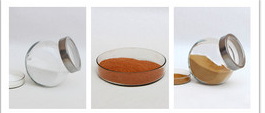
Alternatives to Green Tea Extract for Cats
For cat owners seeking natural ways to support their feline friends' health, there are several safer alternatives to green tea extract:
1. Catnip: Many cats enjoy catnip, which is safe and can provide mental stimulation and relaxation.
2. Cat Grass: Growing cat grass indoors can offer a safe, natural source of fiber and entertainment for cats.
3. Probiotics: Feline-specific probiotics can support digestive health and immune function.
4. Omega-3 Fatty Acids: Fish oil supplements designed for cats can promote coat health and overall well-being.
5. Herbal Blends: Some pet-safe herbal blends, such as chamomile or valerian root, may have calming effects on cats when used appropriately.

The Importance of a Balanced Diet
While supplements like green tea extract may offer potential benefits, it's essential to remember that a balanced, species-appropriate diet is the foundation of feline health. High-quality cat food that meets all of your cat's nutritional needs should be the primary focus, with supplements used only under veterinary guidance.
Cats are obligate carnivores, meaning their bodies are designed to derive nutrition primarily from animal sources. Their unique digestive systems and metabolic processes are not well-equipped to handle many plant-based substances, including some of the compounds found in green tea extract.
Understanding Your Cat's Individual Needs
Every cat is unique, with its own set of health requirements, preferences, and sensitivities. What works well for one cat may not be suitable for another. This is why it's crucial to work closely with your veterinarian to develop a tailored approach to your cat's health and nutrition.
Factors such as age, weight, activity level, and existing health conditions all play a role in determining what supplements, if any, might be beneficial for your cat. Regular check-ups and open communication with your vet can help ensure that you're making the best choices for your feline companion's well-being.
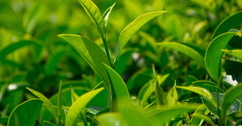
The Role of Antioxidants in Feline Health
While green tea extract is known for its high antioxidant content, it's worth noting that cats can benefit from antioxidants through other, potentially safer sources. Antioxidants play a crucial role in neutralizing free radicals, which can cause cellular damage and contribute to various health issues.
Many high-quality cat foods are formulated with antioxidant-rich ingredients such as blueberries, cranberries, and vitamin E. These can provide similar benefits to those associated with green tea extract, without the potential risks of caffeine and other concerning compounds.
Monitoring Your Cat's Health
Whether you choose to incorporate green tea extract or any other supplement into your cat's routine, close monitoring is essential. Keep a journal of any changes you observe in your cat's behavior, appetite, energy levels, and overall health. This information can be invaluable when discussing your cat's well-being with your veterinarian.
Look out for signs of improved health, such as a shinier coat, better digestion, or increased vitality. Equally important is watching for any negative changes, such as lethargy, loss of appetite, or unusual behavior, which could indicate that the supplement is not agreeing with your cat.
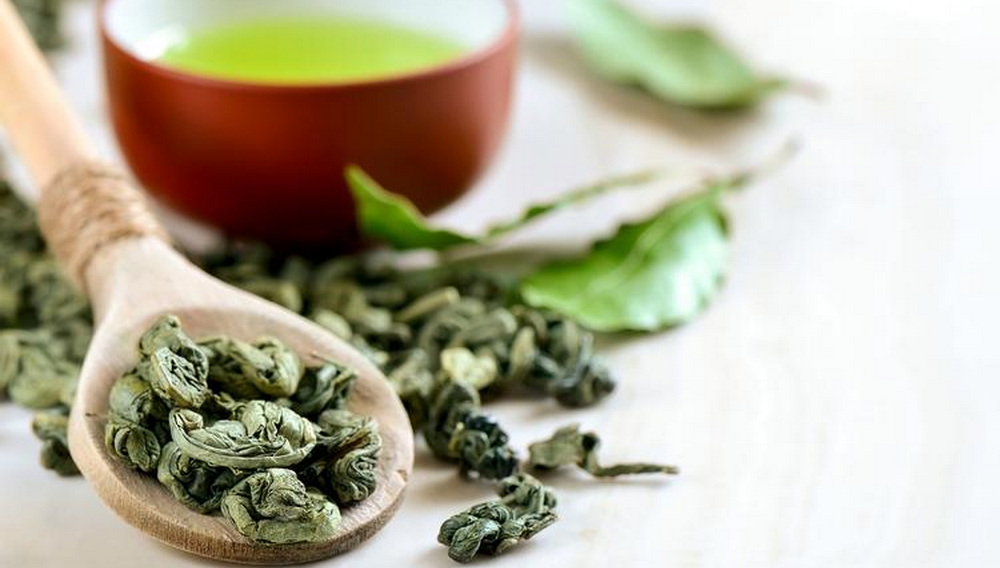
The Future of Feline Nutrition Research
As interest in natural and holistic approaches to pet care continues to grow, more research is likely to emerge regarding the effects of various plant-based compounds, including those found in green tea, on feline health. This ongoing research may provide clearer guidelines and recommendations in the future.
For now, it's crucial to approach any new supplement or dietary addition with caution and always prioritize evidence-based veterinary advice over anecdotal claims or trends.
Conclusion
While green tea extract may offer some potential benefits for cats, the risks associated with its use cannot be ignored. The presence of caffeine, theobromine, and tannins in green tea extract makes it a substance that should be approached with extreme caution when it comes to feline consumption.
The safety and well-being of our feline companions should always be the top priority. Instead of experimenting with potentially risky supplements, focus on providing your cat with a balanced, species-appropriate diet, regular veterinary care, and plenty of love and attention. These are the cornerstones of feline health and happiness.
If you're considering any changes to your cat's diet or supplement regimen, always consult with a qualified veterinarian first. They can provide personalized advice based on your cat's specific needs and help you make informed decisions about your pet's health.
Remember, every cat is unique, and what works for one may not be suitable for another. By staying informed, working closely with your vet, and remaining attentive to your cat's needs, you can ensure that your feline friend leads a healthy, happy life – with or without green tea extract.

Questions and Answers about Green Tea Extract
Q: Can cats drink regular green tea?
A: It's not recommended for cats to drink regular green tea due to its caffeine content, which can be harmful to felines. If you want to give your cat tea, opt for caffeine-free herbal alternatives specifically made for pets.
Q: How much green tea extract is safe for cats?
A: There is no established safe dosage of green tea extract for cats. Due to the potential risks, it's crucial to consult with a veterinarian before considering giving any amount of green tea extract to your cat.
Q: Are there any benefits to giving cats green tea extract?
A: While some potential benefits have been suggested, such as antioxidant support and improved coat quality, these are not conclusively proven in cats. The risks often outweigh any speculative advantages.
Q: What are the signs of caffeine toxicity in cats?
A: Signs of caffeine toxicity in cats can include restlessness, rapid breathing, heart palpitations, muscle tremors, vomiting, and in severe cases, seizures or collapse. If you suspect caffeine toxicity, seek immediate veterinary care.
Q: What are some safe alternatives to green tea for cats?
A: Safe alternatives that may offer health benefits for cats include catnip, cat grass, feline-specific probiotics, omega-3 fatty acid supplements, and pet-safe herbal blends like chamomile (used appropriately and under veterinary guidance).


































